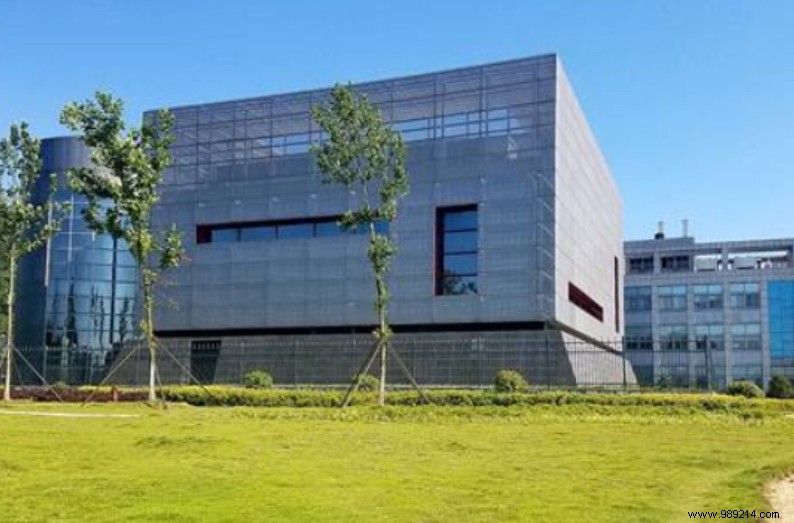Did the SARS-CoV-2 coronavirus escape from a virology lab in Wuhan city? The rumor has been gaining weight lately. For an expert, the security and protocols concerning these sensitive structures should also be improved.
According to the latest figures, Covid-19 has killed more than 3.7 million people in the world. However, the vagueness surrounding the origin of this coronavirus is still as present. Is it a natural reservoir? Does it come from an animal? Did he escape from a lab? In the first weeks of the epidemic, the hypothesis of a leak from a P4 laboratory in Wuhan (China) caused a stir on the web. Quite quickly set aside by specialists , this hypothesis has recently made a comeback after new declarations.
Whether these claims are true or false, the idea that a virus could have escaped from a virology lab should not be forgotten. In an article published on May 31, 2021, the BBC gave the floor to Hamish de Bretton-Gordon, British chemical weapons and counter-terrorism expert. However, this man believes that this rumor should push governments to drastically increase security and protocols in virology laboratories.

According to Hamish of Bretton-Gordon, several virology laboratories located around the world could see their very high security fail at any time. In this case, they would be ideal targets for rogue states and other terrorist organizations. The expert recalls that there are around fifty P4 category laboratories like the one in Wuhan. In these structures, researchers work on the most dangerous pathogens. However, if the security of these laboratories is very studied, no protection is infallible.
In reality, Hamish of Bretton-Gordon believes that the risks do not really concern P4 laboratories, but rather those of P3 category which number about 3,000 worldwide. Indeed, if the standards are less strict there, the researchers work in these structures on viruses sufficiently dangerous to cause concern.
The expert believes that while international control over chemical weapons is quite effective, this is not the case for biological weapons and other structures potentially used to make them. The 1972 Biological Weapons Convention regulates this type of weapon. On the other hand, its influence and the controls provided for are insufficient. Hamish of Bretton-Gordon says the subject should be addressed as soon as possible , the ideal being according to him to do so at the next G7 summit to be held from June 11 to 13 in Carbis Bay (United Kingdom).